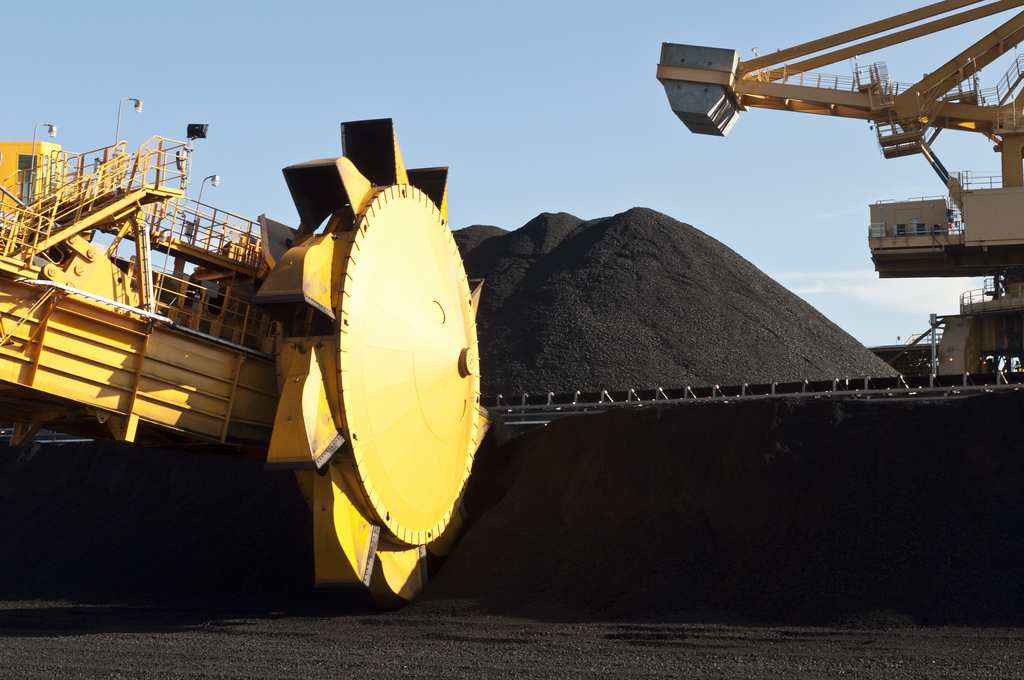Coal opponents host town hall meeting
Peace Arch News

A town hall meeting on the proposed new Fraser Surrey Docks coal terminal – scheduled for this Wednesday at 8 p.m. at Ocean Park Community Hall, 1577 128 St. – will take a decidedly anti-coal stance.
The upcoming Coal Awareness Town Hall Meeting, organized by a group of concerned Ocean Park residents, will include presenters Eoin Madden, of the Wilderness Committee, and Dr. Frank James, a member of Whatcom Docs, a group of doctors in Whatcom County concerned about health impacts of coal-export projects in Washington State.
The planned terminal would increase transportation of coal on trains through White Rock, South Surrey and other communities south of the Fraser River.
A flyer advertising the meeting shows a child standing in front of rail lines and a looming coal train, with the title: “What are you willing to breathe?” The flyer notes the proposed direct transfer coal facility could ship up to eight million metric tonnes of coal annually, making B.C the largest coal exporter in North America.
“Diesel emissions and dust from these shipments could compromise the health and well-being of the community,” it states. “Join us for a discussion to see what can be done before it is too late.”
In a news release, meeting co-organizer Paula Williams said she and other Ocean Park parents see a “disconnect” between the realities of what the coal terminal could mean to White Rock and South Surrey and “the message that is reaching some of the residents.”
“We’ve taken a grassroots approach and organized our own informational meeting,” she said. “After speaking with many families (we feel) the potential impact of these coal trains on their community isn’t registering.
“Families are busy and, for many, anything to do with Fraser Surrey Docks is the last thing on their minds.”
In facilitating such meetings, the Ocean Park Community Association aims to raise awareness on the issue, rather than take sides, according to association president Jane Hayes, noting the Ocean Park Community Hall is open to input from both proponents and opponents of the terminal.
“The OPCA is not taking a stand on this issue,” said Hayes. “We are, however, facilitating meetings at the hall to inform the residents.”
Hayes was responding to an email from OPCA member Bob Askew, which said the meeting ought to present varied opinions. Askew said that while he does not feel he has enough knowledge to support either a pro- or anti-coal transportation stance, he is concerned the matter receive “balanced consideration rather than a simplistic rejection based on emotional and ideological arguments.”
Askew said he hoped project proponents would be invited to “show where the benefits lay, how they outweigh the downside risks, and what risk-management plans might be in place to mitigate any negative eventualities.”
Although Metro Vancouver’s board has voted to oppose the coal terminal, legal authority to approve the project rests with the federally appointed Vancouver Fraser Port Authority, which has not yet agreed to a request from Fraser Health’s chief medical officer to conduct a comprehensive health-impact assessment.